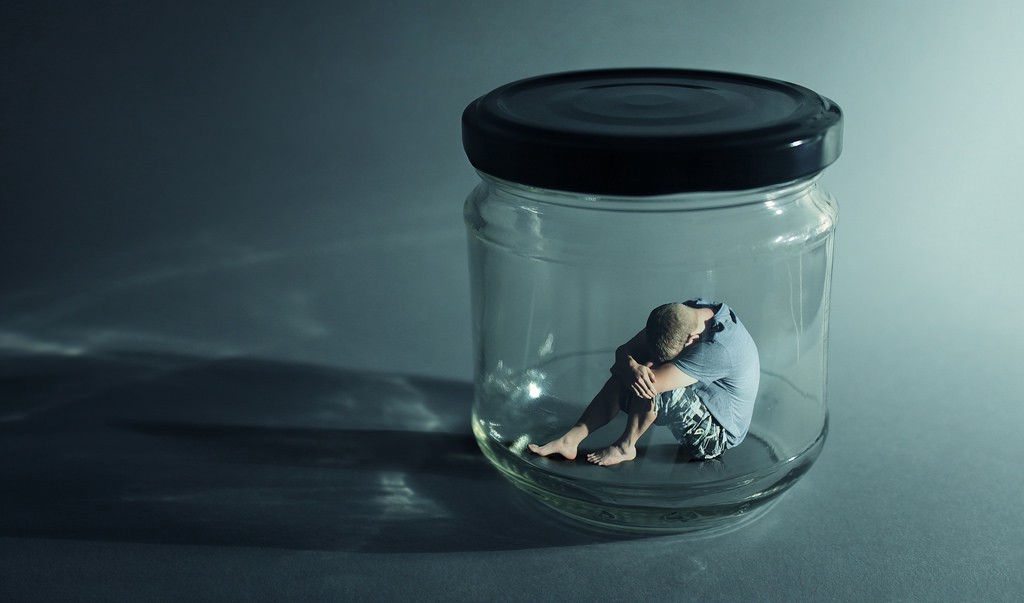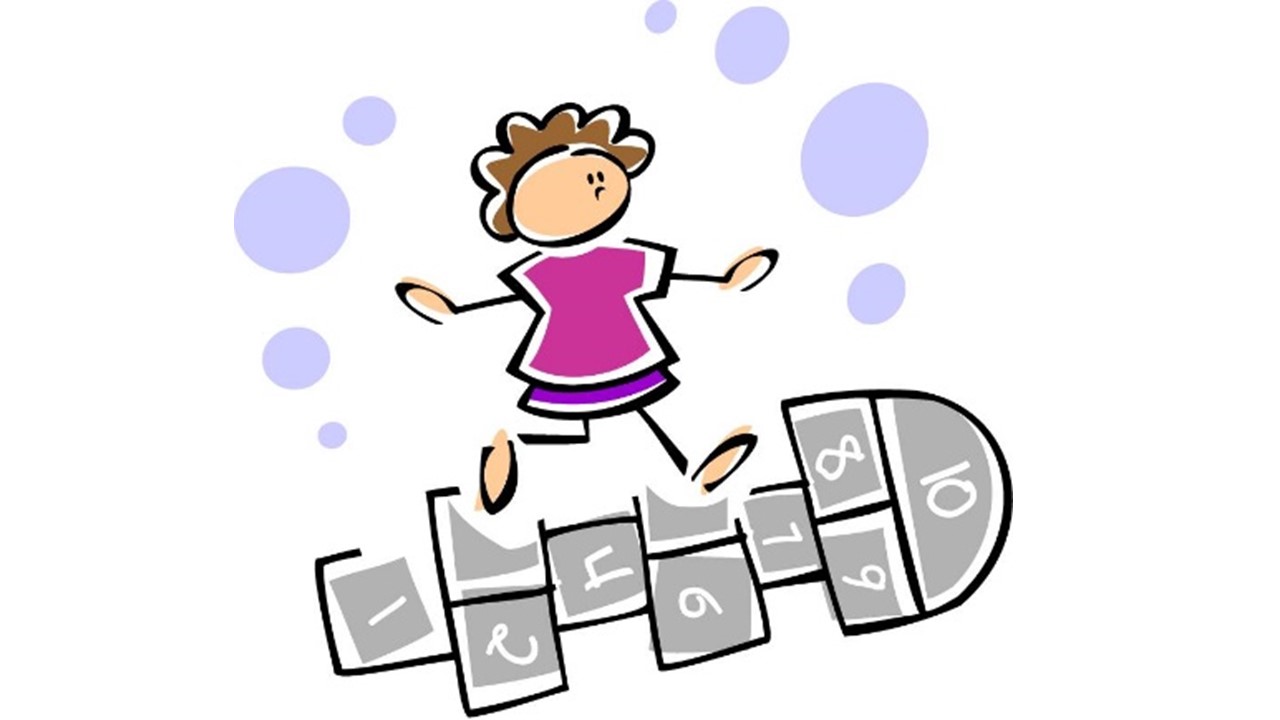Why do teens slam doors on your face?
12
JANUARY, 2022
I recently interacted with a group of teenagers to understand what makes them sad and how they can gain control over their emotions. We figured out what really happens which makes them slam doors and stay isolated.
So many of them are actually bottling up emotions that get stored in the body & begin to affect different areas of their bodies such as heaviness in the chest, headache, teary eyes, weakness in knees, freezing, shakiness in the neck & restlessness.
When asked, with whom they share these feelings, most of them spoke of their friends, and a few mentioned with no one.
Why do they (teenagers) feel reluctant in sharing their feelings with their parents or a trusted adult?
This is because most of them didn’t know how to explain what is happening inside them. Even if they are so-called talkative teens with good vocabulary, they find it difficult to express their emotions. This results in abrupt reactions such as crying in the most unexpected time, laughing excessively, going blank, shutting doors, screaming, staying alone & isolated, which comes across as “negative behaviour” or “awkward bevahiour”.

“Parents won’t understand as they start to react back when we scream or get irritated. Sometimes they even laugh at us so it is better to not share anything with them because they won’t understand and instead start to give long lectures”, mentioned most of them in their worksheets ( a task given for the webinar) & during the webinar.
To help them understand and process their own emotional experience we discussed firstly how they talk to themselves about an event before they talk to anybody else.
It came to light that they speak in a pessimistic way where they feel that their parents ‘Never’ understand them, ‘Nobody’ wants to be their friend and ‘Everything’ looks doomed. When they gained this awareness that taking an experience personally, letting it impact all other areas of their life, and concluding the feeling they have as their destiny is a pessimistic way of living life, they felt in control of their emotions to some extent.
However, they unanimously felt it is difficult to think optimistically.
“It is better to think about disappointment & hold on to some amount of fear, because when something bad will happen then I will not be shocked”, said a grade 9 boy. At the same time, a grade 10 girl said “My parents keep telling me to focus on my studies. They are more scared than I am. They would often bring up the topic of high cut-off percentage. They would ask me to get down to studies as soon as my exams get over, so how can I become optimistic?” Besides academics, a grade 8th girl shared “I choose not to speak, even though I am a talkative person, because I fear I will disappoint and irritate others. I don’t want to go wrong. I need to know what all can happen before I speak”. There were some quiet ones in the group who mentioned in their worksheets (a task for the webinar) that they experience social anxiety. “Yes, I fear being happy because every time I get happy after my good grades in one subject, I perform badly in all the others so I continue to stay in a fearful state and keep reminding myself of the bad score”, justified the girl from class 8th.
When I asked them if they are talking about something that recently happened with them or they are carrying something from their past. Most of them agreed, it is their past experiences that still influence their present life experiences.
Overthinking in isolation just drains the energy which results in procrastination and more self-blame & low self-esteem.
Phew! Looks like an emotional web, isn’t it?
So, to help them gain more control over their emotions and the situation we tried looking at separate events in their lives. After all, this was the main idea of this webinar. So we took an example from the group to decode how we start to form negative beliefs and continue to live in a vicious cycle of negative self-defeating thoughts.
This was the example of the girl who is currently studying in grade 10th.
“My parents scold me when I don’t study which means they don’t want me to enjoy. Every time, I finish my exams and get a good score they would tell me to start studying again. I feel angry, sad & hurt. This clearly means I should not enjoy life & as a result, I am cranky”.
All the other teenagers became quiet after listening to this. They could probably relate to it. Someone suggested including parents too in her celebration. The others said to take help from the extended family who can explain to her parents to let her enjoy & celebrate. The girl kept nodding and gave a conclusive remark “They will never understand and I know it”.
So, I asked her if the parents scold her for enjoying or for not studying. She said, “for not studying”. So, what happened with you and what you said to yourself are completely unrelated. Isn’t it? I asked. “Yes,….but….”, she wasn’t convinced and wanted to prove how her parents are blocking her joy. So I asked her to list down the ways her parents celebrate life with her, her birthday, her result, weekends, and holidays. She had a long list to share. But, still, she seemed to be not convinced. Obviously, she has spent most of her life believing that she should not enjoy life so it is difficult to break this belief! So, I then asked her if her parents are aware of the ways in which she is putting in efforts in her studies, does she talk about her career goals with her parents, do they see her studying in her room, taking initiative for her own study schedule, does she avoid or show some interest in conversations about academics. She was unsure and when I asked her if she starts to show them her everyday involvement in her studies, maybe let them check her notebooks and reply to their worries about academics, would that still make them scold her for not studying? She thought about it and agreed to take part in discussions around academics too. I then asked her if she would like to reframe her belief and make it as “I balance enjoyment and studies in my life” instead of saying “I should not enjoy life”.
This was just one example to show teens how they can change their feelings from sad to happy, just by reframing and looking at their life events in more than one way.
We all have to challenge our way of looking at things. Just because we repeatedly say something about ourselves or our life, does not become the truth of the universe.
While it is important for each one of us to take responsibility for our own emotions but as parents, we need to be careful of how we talk to our teenagers because they feel helpless in front of you and all they do to gain control of the situation is to scream and say hurtful words or shut down.
I will be talking about how parents should talk to their teens in my next blog!
Thank you for reading it. I hope you enjoyed it.
By
Prachi Srivastava

Recent Comments